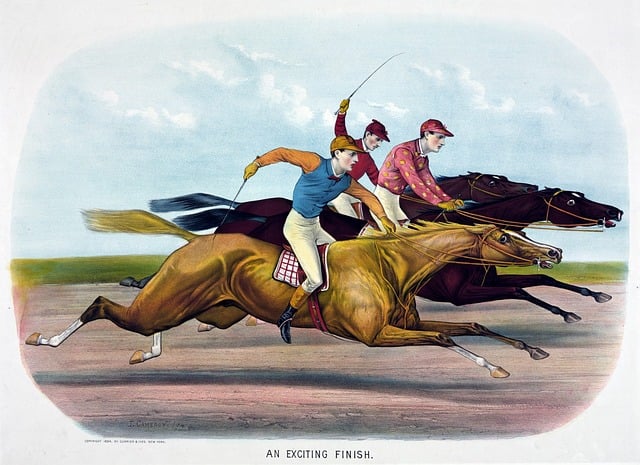I watch a YouTube channel called Dry Creek Wrangler. Dwayne is a horse man but most of his subscribers are interested in his words of wisdom.
He’s an old sage. The kind of man you would like to sit down by a camp fire, and just chat about life.
This week’s video is titled: Do not go gentle…
Do you have a sense of adventure?
Even if it terrifies you.
It keeps you alive.
He says: ‘A rut is just a grave with the ends kicked out!’
You don’t want to sit in your chair and think about the last five years of your life reflecting why you quit doing something because you lost your sense of adventure.
Don’t let concerns deter you.
It’s so easy to let the old man in you quit and realise you lived those final years with regret. Get out of your comfort zone. A gambling adventure doesn’t mean you have to be like a crazy man who sold his gold teeth. Plan to do something that tests you. Go somewhere different. Don’t lose that sense of adventure. Don’t live a half life. Go to the races, stop, look around and enjoy the moment. You were given a life to live. Don’t quit living. Get that money out of your pocket and put it down and get your heart jumping again. You don’t know what’s going to happen. Feel alive and you will feel a whole lot better. After you’ve been to the races, go to the casino. Go have a few drinks and enjoy the adventure. Too many people are sitting doing nothing. Waiting for nothing. Hoping for nothing. It doesn’t have to be that way.
Tomorrow could be the best day of your life.
But it means you may have to step out of your comfort zone. For some people it is just about poking your head outside the front door.
What’s around the next corner?
Whose around the next corner?
Where is the next corner?
The most amazing things happen when you take a chance.
Dwayne never thought he would get 1000 YouTube subscribers let alone 870,000. He never thought he would have a successful riding school. He never imagined Penguin Random House would contact him to write a book. But most of all, he never thought his words would inspire others to change their life, find strength in times of difficulty or open their eyes to the greatest adventures.
Find some adventure…
Take a gamble on life.
 The National Hunt isn’t one of my favourite codes of racing. In fact, beyond the odd venture to Huntingdon, heading to Norfolk, one of two tracks in the county, the other one being on the North Sea coast at Great Yarmouth, I’m a complete novice to steeplechases, hurdles and flat races.
The National Hunt isn’t one of my favourite codes of racing. In fact, beyond the odd venture to Huntingdon, heading to Norfolk, one of two tracks in the county, the other one being on the North Sea coast at Great Yarmouth, I’m a complete novice to steeplechases, hurdles and flat races. Is there a doctor in the house?
Is there a doctor in the house?